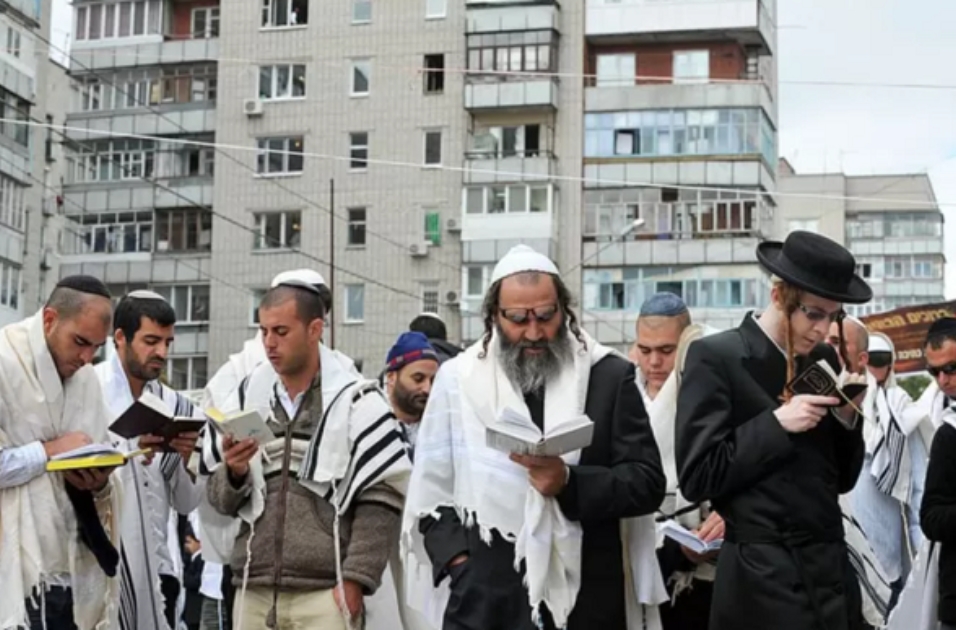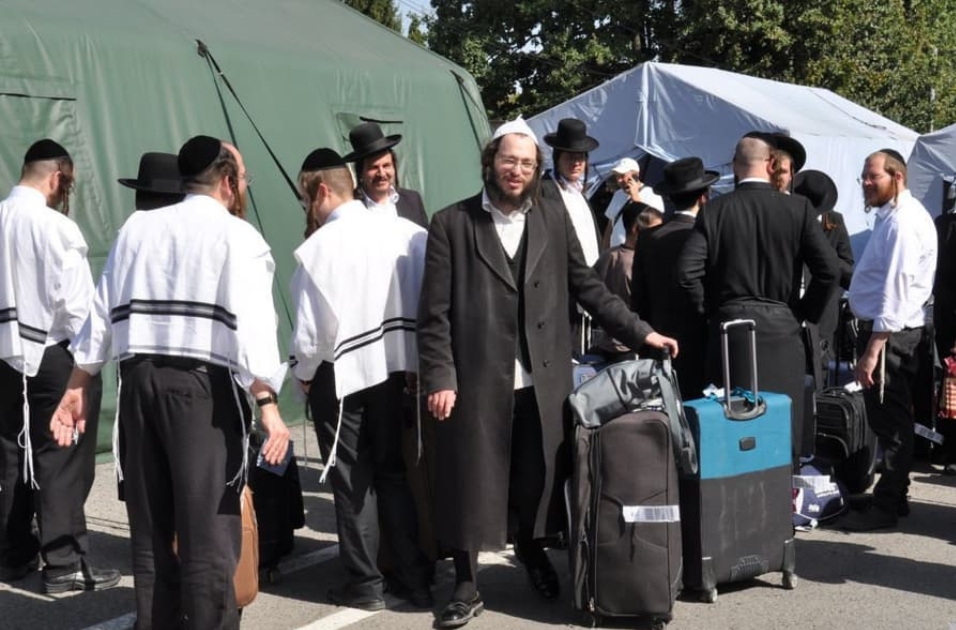Negotiations with the Moldovan authorities regarding the passage of Israeli pilgrims to Ukraine through Moldova lasted several months but ended without success, Levi Yitzchak Gvirtz from the "Ihud Breslev" organization in Uman (Cherkasy region) told journalists on Monday.
According to him, Chisinau's refusal affects about 15,000 passengers on charter flights, roughly half of the 30,000 pilgrims who wished to travel to Uman this year.
As reported by Moldovan media, Israeli travel companies have already started refunding money to pilgrims who planned to fly to Chisinau and then travel to Uman. They are now considering organizing trips to Ukraine through airports in Romania and Poland.

At the end of August, Israeli media reported that Israel was ready to pay Moldova 700,000 shekels ($191,300) to cover additional security measures and enhanced protection at Chisinau airport in connection with the pilgrims' arrival in 2023, and to secure Moldova's agreement for pilgrim transit this year. However, Israel did not settle these costs with Moldova in time.
In August 2023, Israel's foreign minister visited Chisinau on an official trip, one of the stated goals of which was to prepare for pilgrimages from Israel to Ukraine via Moldova. The parties agreed to resume direct air travel at that time. Moldova also sought the extradition of fugitive oligarch Ilan Shor, who had been sentenced to 15 years in a case involving the theft of money from Moldovan banks. However, Israel did not extradite Shor, and in February 2024, allowed him to leave for Moscow.
In September 2023, more than 35,000 pilgrims visited Uman, with about 30,000 arriving in Ukraine via Moldova.
Every year, tens of thousands of Jews from the Hasidic movement make a pilgrimage to Uman, where the tomb of Rabbi Nachman, the founder of Breslov Hasidism who lived in the late 18th and early 19th centuries, is located. The pilgrimage is tied to the celebration of the Jewish New Year, Rosh Hashanah, which this year will be observed from October 2 to 4. Hasidic Jews believe that celebrating Rosh Hashanah at the tomb of Rabbi Nachman ensures a happy year ahead.





















